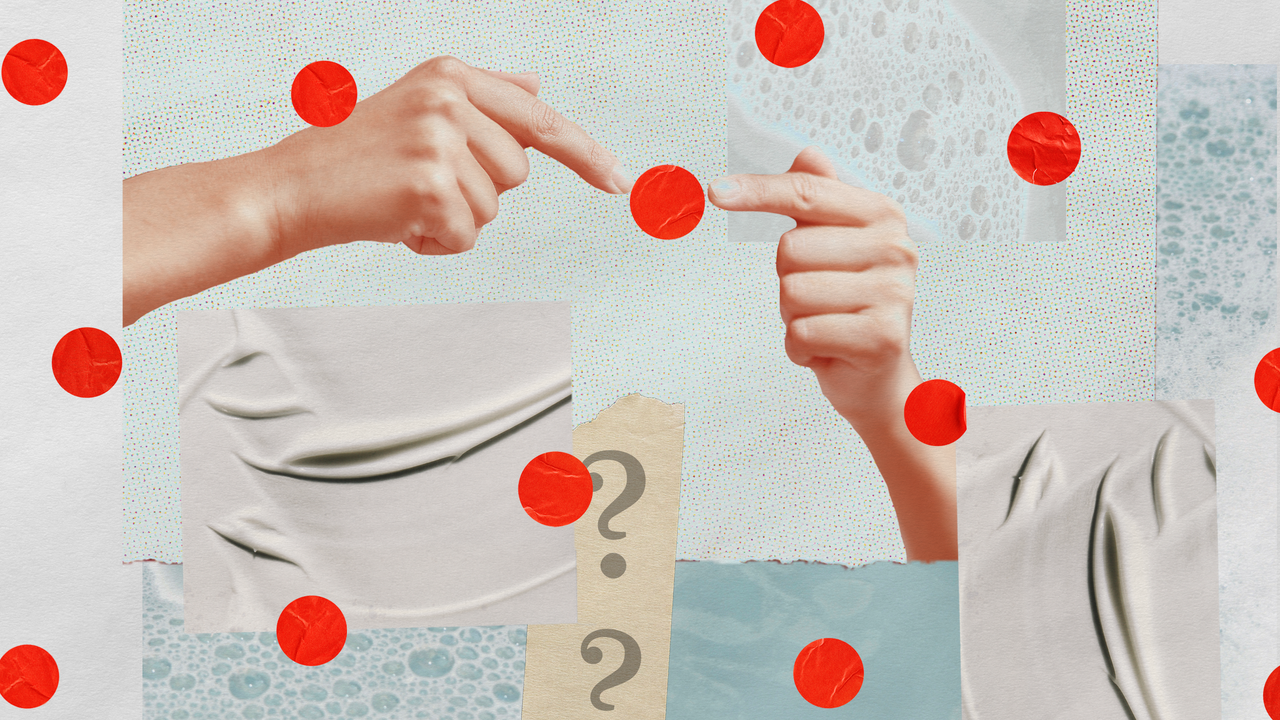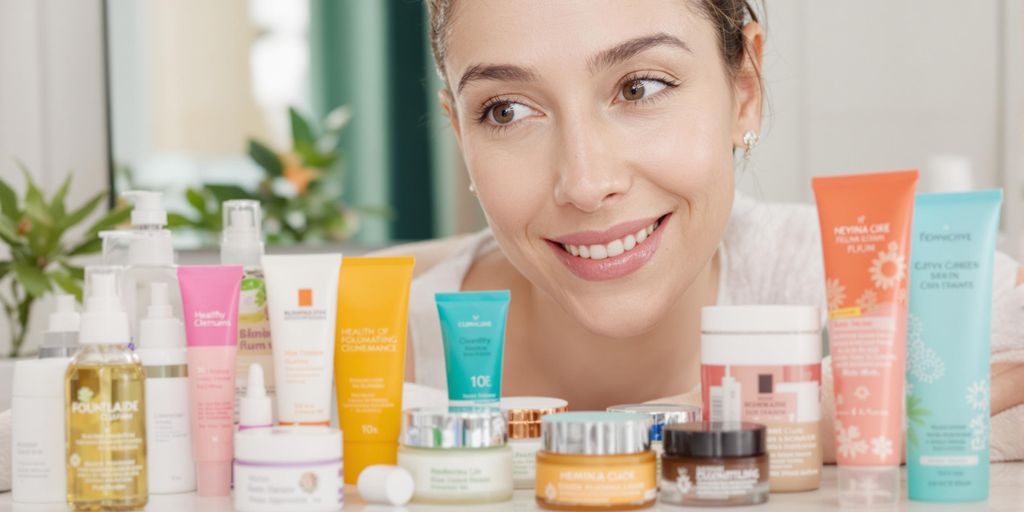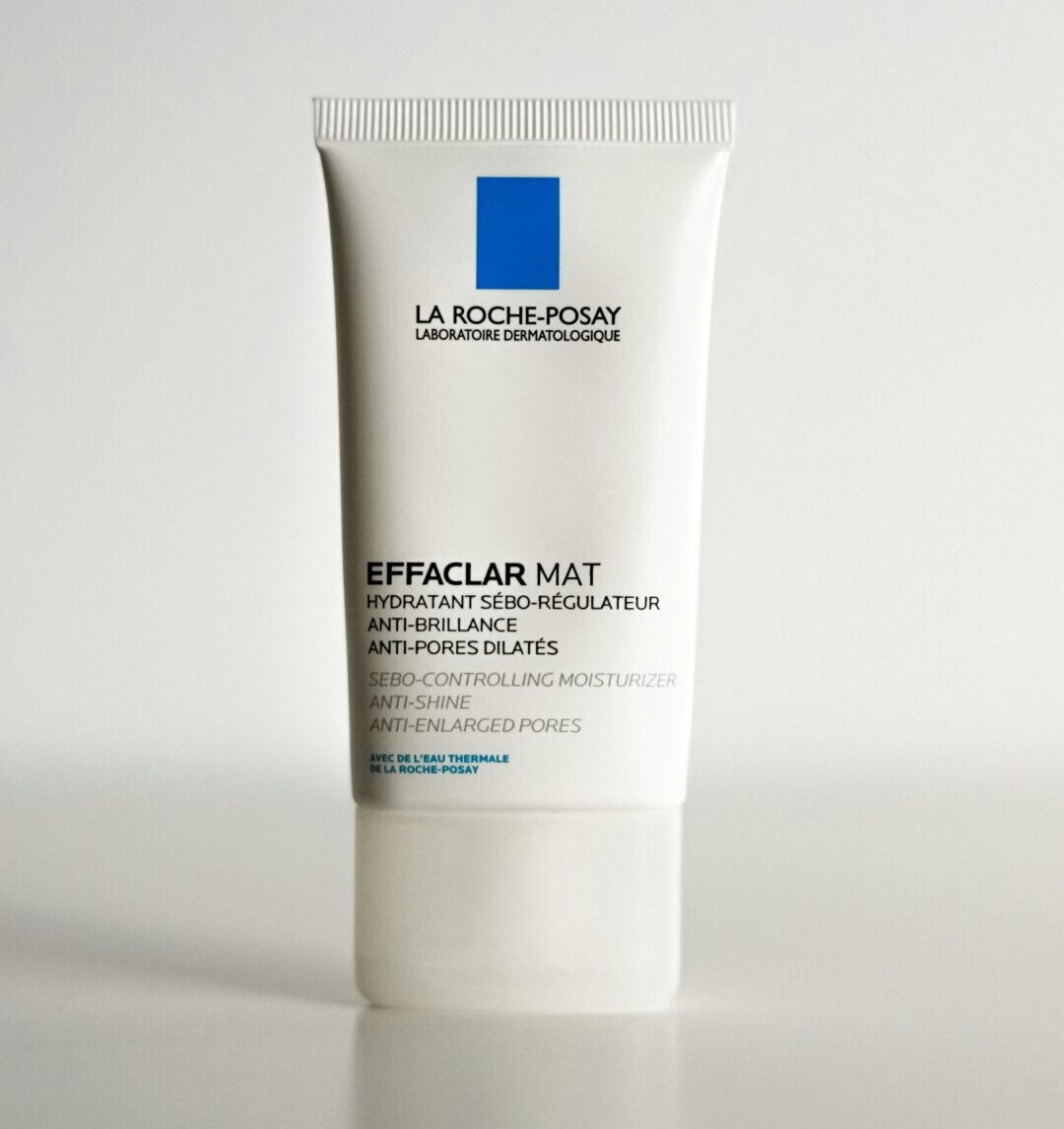The beauty and skincare industry seems to have a product for every skin concern you can think of. Yet, despite the myriad of innovations, many of us still struggle to find a cure for one of the most widespread issues—acne. The quest for a definitive fix for acne makes us question the industry’s efforts in resolving this common skin concern.
The beauty industry has capitalized on skincare, providing an abundant range of products from whole-body deodorants to intimate vulva care items. It is surprising to see that a satisfactory solution for acne, a problem that affects an estimated 40% of adults, remains elusive.
Disturbingly, the beauty industry’s exponential growth only adds to the confusion and frustration of acne-stricken consumers. It’s reported that skincare has pushed the boundaries of diversity, launching over a hundred products only this year. Yet, amidst the crowd of new moisturizers and skin treatments, it remains arduous to find a widely accessible fix for acne.
Those suffering from adult acne are all too aware of this struggle. There are, of course, spot treatments with acne-targeting ingredients such as salicylic acid and benzoyl peroxide, which can help reduce the size and swelling of lesions. Additionally, isotretinoin, the next best thing to an acne cure-all, has an 85% success rate, though is accompanied by side effects that some consider too compromising on physical well-being and mental health.
The complexity of acne is also a contributing factor towards the challenge in finding a universal cure. The cause of acne is varied and unique to every individual. Even the types of acne vary, ranging from superficial blackheads and whiteheads to more severe forms like hormonal cysts.
Despite the desire for instant gratification, there is no magical pill to keep acne at bay forever, nor a product that makes a blemish vanish overnight. This complexity isn’t lost on the professionals. There’s consensus that it’s not easy to simply wipe acne out of existence.
Each person’s genetic makeup is unique, and practitioners often adjust their treatments accordingly. Chronic skin conditions like eczema can disappear for a significant duration only to make a comeback. This cycle applies to conditions like hypertension as well, where pills can only manage the symptoms and not fully cure the ailment. Acne, unfortunately, falls into the same category.
Though there are promising advances in acne treatments like isotretinoin, these require a prescription from a physician. Even the new alternatives like Accure, a laser system developed for acne treatment, and topical prescription creams like Winlevi, which target oil production to prevent breakouts, need a doctor’s recommendation. This safeguards the wellbeing of the patients while ensuring the treatments are used effectively.
Drawn from medical and beauty industry experience, we can anticipate better options for acne treatment in the next year or two. The future holds the potential for overnight treatments, patches that can deliver actives to pimples, and improved treatment delivery systems. Experts believe that regulation poses a considerable challenge to the effective development of acne remedies. However, the evolution of modern medicine is paving the way for more effective treatments.
Meanwhile, the beauty industry and society in general must redefine their perspectives on acne. It’s not a condition that indicates you’re unclean or don’t practice skin hygiene properly. It’s a common issue that signifies a very human characteristic – imperfection.
Let’s learn to embrace our skin, blemishes and all, while anticipating continual advancements in acne treatments. Even though a definitive cure may not be in sight yet, the multitude of available treatments gives hope for more effective acne management methods in the future.





![“Kerassentials Review” : [My Updates Reviews 2024] — Does It Work & Is It Safe? 4 049e8bfe 6112 4c16 aa9b b331dee37d90 “Kerassentials Review” : [My Updates Reviews 2024] — Does It Work & Is It Safe?](https://beautinews.com/wp-content/uploads/2024/10/049e8bfe-6112-4c16-aa9b-b331dee37d90.jpg)